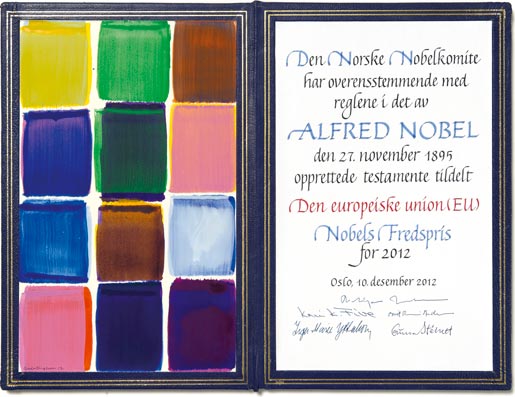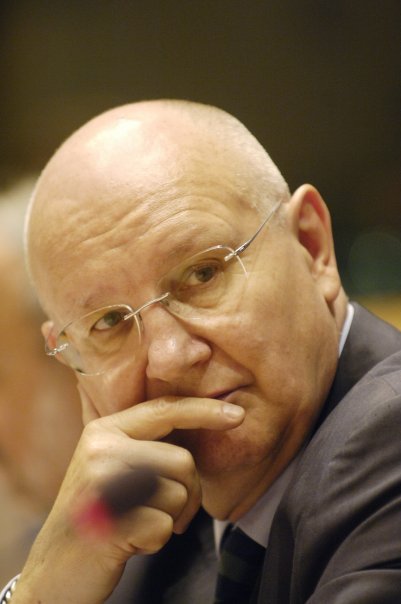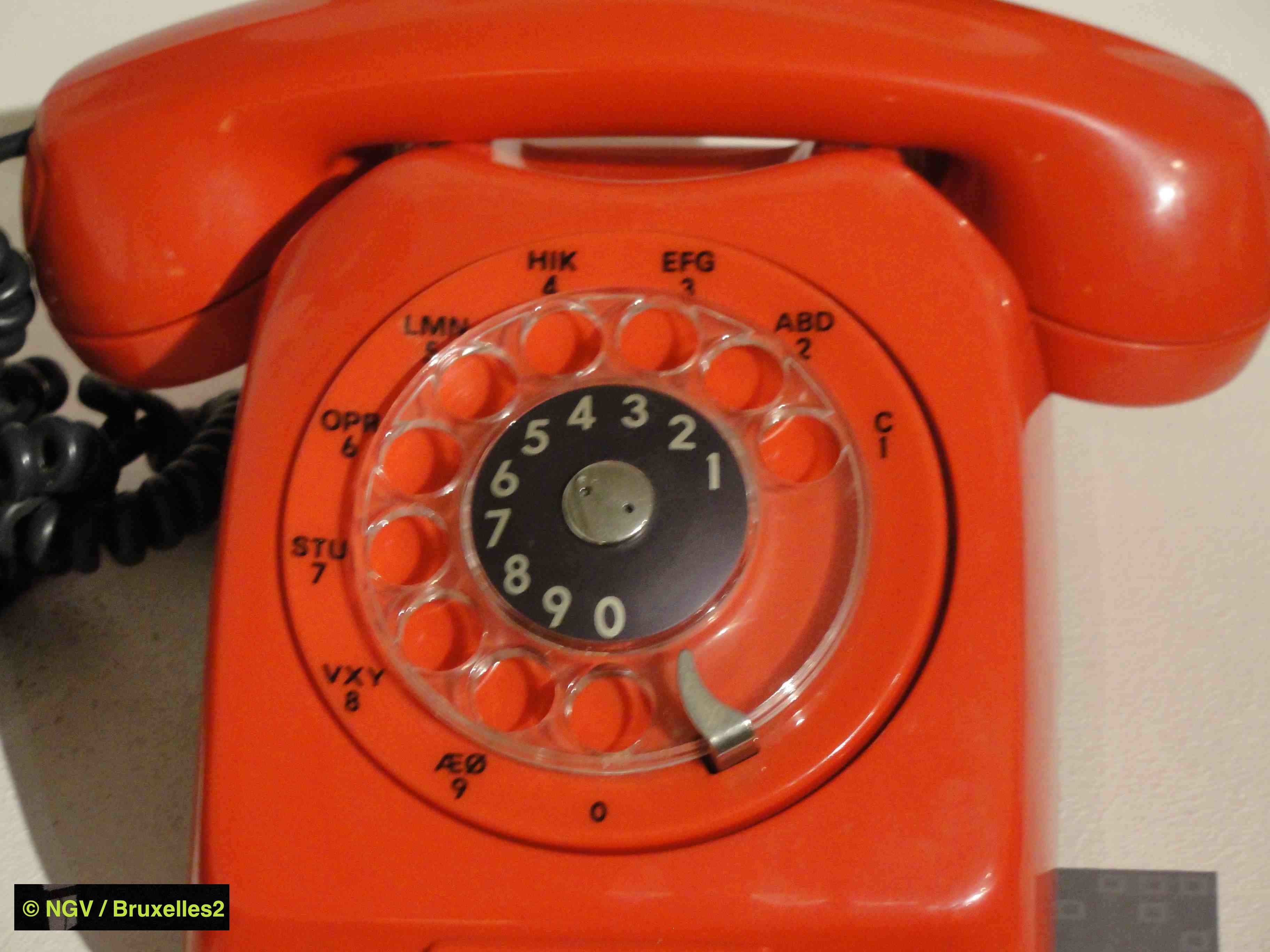The Nobel Prize awarded to a diverse and (partly) peaceful Europe
 (BRUSSELS2, opinion) The Nobel Prize is awarded to the European Union today in Oslo in the presence of the "three presidents": JM Barroso (for the Commission), H. Van Rompuy (for the European Council) and M Schulz (for the European Parliament). François Hollande and Angela Merkel, Elio di Rupo will make the trip like most of the heads of state and government of the "27".
(BRUSSELS2, opinion) The Nobel Prize is awarded to the European Union today in Oslo in the presence of the "three presidents": JM Barroso (for the Commission), H. Van Rompuy (for the European Council) and M Schulz (for the European Parliament). François Hollande and Angela Merkel, Elio di Rupo will make the trip like most of the heads of state and government of the "27".
The EU's feat: bringing conflict from the battlefield to the halls of the Council
We can sulk as some leaders of several countries have done - the United Kingdom and the Czech Republic in particular, whose leaders' agenda is apparently... too full. We can also mock or ironize this presence in numbers. We can also take it as the concern of the continent both to preserve its unity (the European Union) and its diversity (the States remain with their approach, their culture so different). We may also be surprised at the awarding of a prize to the Union. When the news broke several weeks ago, I was shocked.
The crisis, not only economic but also political and social, is eating away at Europe. This "community of destiny" is looking for a second wind and a part of its soul. And the ideology developed - which is reduced to the fight against inflation and the debt - is very far from the initial objectives. But contrary to what Europe's detractors say, the latter, with all its faults, its slowness, its contradictions, has achieved this feat: pacifying part of the continent by bringing conflicts from the battlefield to the corridors of the European Council . It's much less "fun" but less bloody. But it is very real. The limitation of sovereignties (it is a reality) was done without enslaving each of the nations. And, outside the continent, it can be taken as a "model" for a conflict. For that alone, Europe deserves this award.
Mitigation of national conflicts
The opening of the borders has limited or even completely attenuated the problems of distribution of the peoples of sometimes artificial borders. This is the case with the "German-speaking cantons" in Belgium, as with the course of the border between Germany and Poland on the Oder. Without this openness, the resolution of the ancestral conflict in Northern Ireland could not really have taken place. And others would have reappeared at the slightest nationalist prank. It is indeed difficult to take stock of the "Non-Europe" in this area. But we can be sure that what has so far given rise to a few rantings from an irascible head of government (Orban in Hungary, for example) could have given rise to a few deadly scuffles.
A genocide despite everything
In this celebration that the Union has brought to Europe more than 50 years of peace, in which everyone will give their voice, we must not forget, however, that the Union today does not stop at the defined borders of the 27 but overflows from it. Just twenty years ago, the UN Commission on Human Rights recognized the existence of a genocide in the countries of the former Yugoslavia... The second on the continent in the century. A genocide that Europe could neither prevent nor prevent.
Read also:



